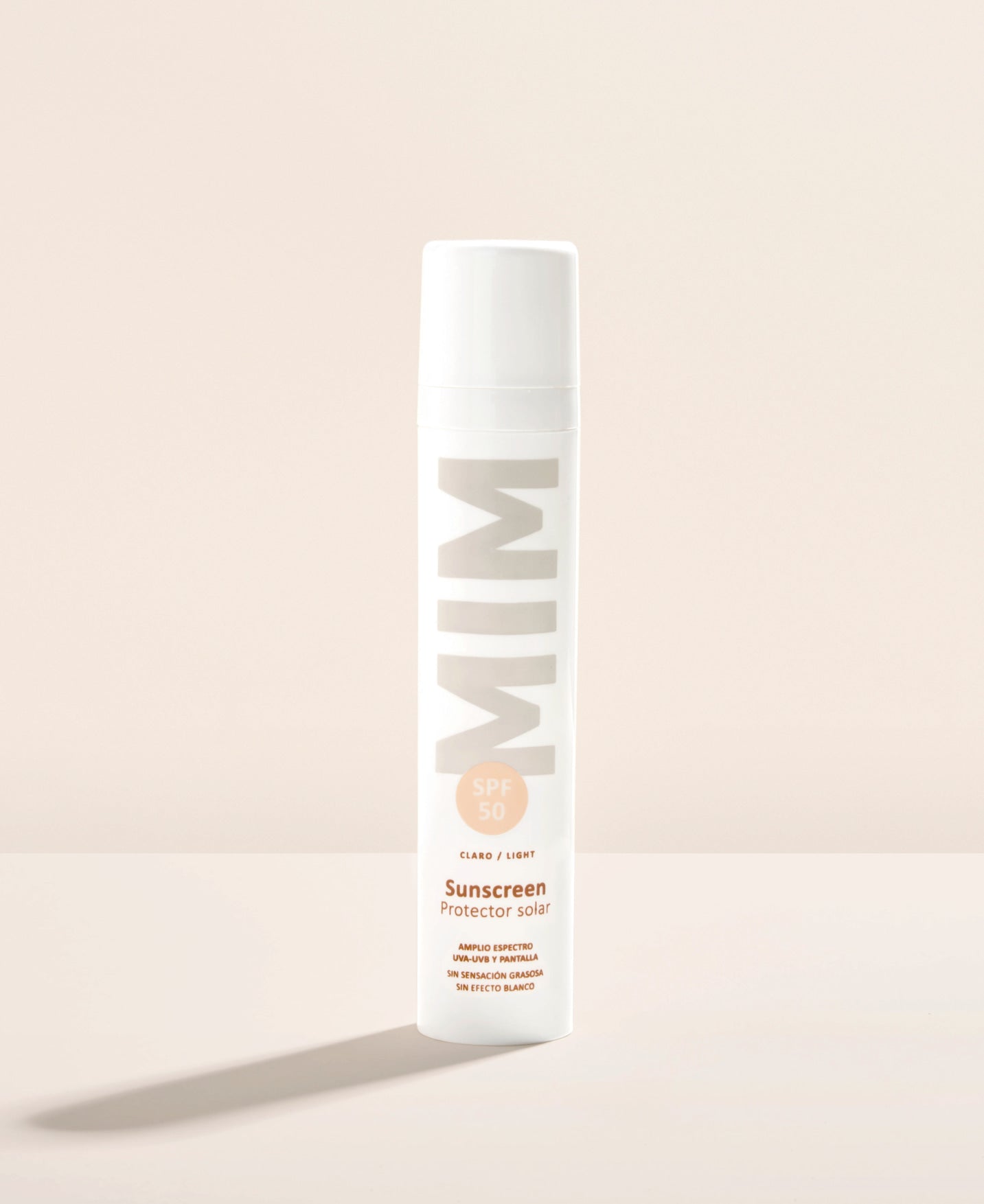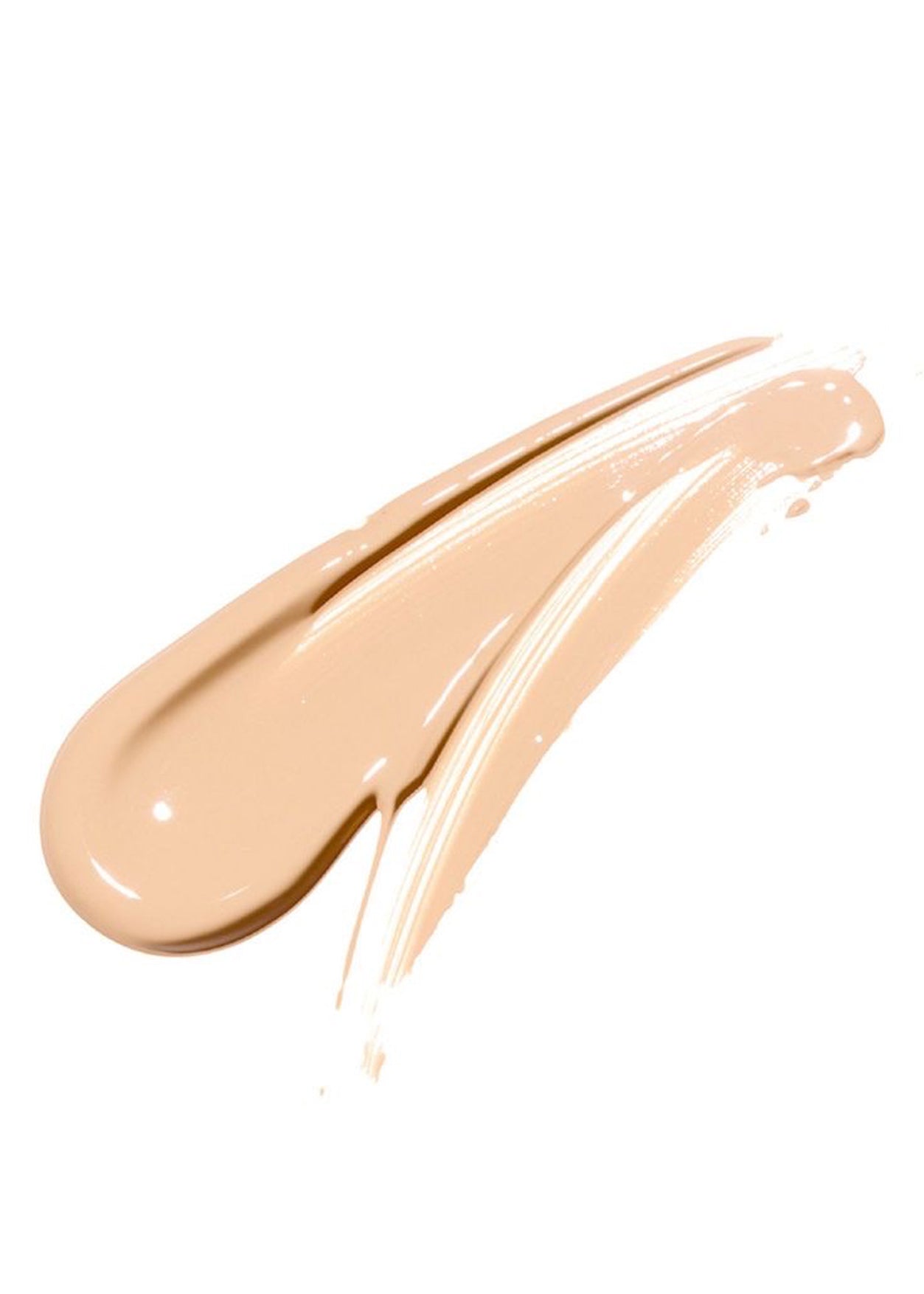• What does "broad spectrum" mean in sunscreens?
The broad-spectrum test measures a product's ultraviolet A (UVA) protection in relation to its ultraviolet B (UVB) protection. Sunscreens that pass this test may be labeled as "SPF (value) broad spectrum" on the front of the label. For broad-spectrum sunscreens, SPF values also indicate the amount or magnitude of overall protection. Broad-spectrum SPF products with an SPF value of 15 or higher provide greater protection and can claim additional uses. Only broad-spectrum sunscreens with an SPF value of 15 or higher can claim to reduce the risk of skin cancer and premature skin aging when used as directed alongside other sun protection measures. Sunscreens that are not broad spectrum and broad-spectrum sunscreens with an SPF value between 2 and 14 can only claim to help prevent sunburn.
• What does the SPF value of sunscreen mean?
SPF, or Sun Protection Factor, indicates the UVB/sunburn protection provided by the sunscreen. The SPF value indicates the level of sunburn protection provided by the sunscreen product. All sunscreens must be tested according to an SPF test procedure. The test measures the amount of ultraviolet (UV) radiation exposure needed to cause sunburn when a person uses sunscreen compared to the amount of UV radiation exposure needed to cause sunburn when not using sunscreen. The product is then labeled with the appropriate SPF value that indicates the amount of sunburn protection provided by the product. Higher SPF values provide greater protection against sunburn. Since SPF values are determined from a test that measures protection against sunburn caused by ultraviolet B (UVB) radiation, SPF values only indicate the UVB protection of a sunscreen. However, sunscreens that pass the new broad-spectrum test will have demonstrated that they also provide UVB-proportional ultraviolet A (UVA) protection.
• I left my MIM sunscreen exposed to heat. Will this ruin the product?
High temperatures can cause ingredients to separate or appear "unmixed." However, the sunscreen properties are not affected by temperatures of up to 122 degrees F (50 degrees C), the maximum at which the product is tested.
• I am interested in MIM sun care and skincare products. Do you test your products on animals?
MIM does not conduct animal testing in the development of any of its formulas.
• Do MIM sunscreens help prevent skin cancer?
Yes. All MIM sunscreens are categorized as broad-spectrum. According to the FDA, when used regularly and with other sun protection measures1, broad-spectrum sunscreens with SPF 15 or higher reduce the risk of skin cancer and premature skin aging.
• Why is zinc oxide used in MIM sunscreens?
Zinc oxide is a natural mineral that is safe even for the most sensitive skin, including post-procedure skin and children aged 6 months and older. Zinc oxide blocks UVB (burning) and UVA (aging) rays, which have been linked to photoaging and skin cancer.






























































